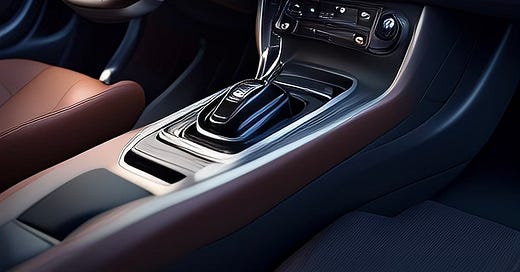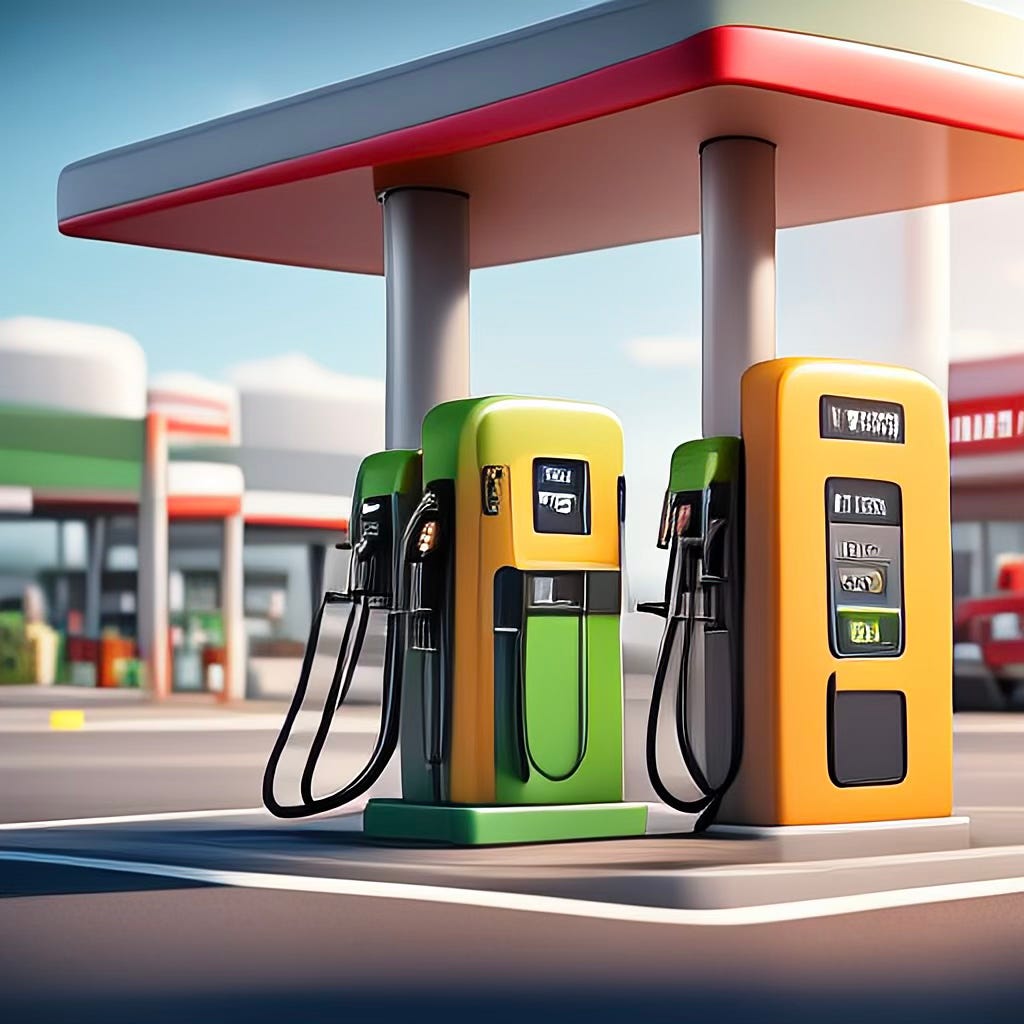Debunking the Cruise Control Myth
Does it really save gas — or are the MPG and EV range gains just highway hype?
If you have spent any time on driving forums or fuel-saving subreddits, you have likely seen the claim: “Cruise control can almost double your MPG!” It sounds too good to be true — because it probably is. But here’s the twist: it is also not totally false.
The Origin of the Rumor
The idea that cruise control can nearly double your fuel economy or EV range usually comes from anecdotal stories — a driver resets their trip computer on a road trip, engages cruise control, and sees MPG numbers that seem impossible.
A typical version of the claim looks like this:
“I usually get 22 MPG, but on this trip I hit 40+ using cruise control the entire time!”
That sounds amazing… and technically, it is not a lie. But here’s what is really happening:
They are driving under ideal conditions: steady highway speed, warm temperatures, light load, no stops, and no wind.
Their baseline MPG or EV range probably came from city driving or varied terrain.
Cruise control is not the only variable — road conditions, tire pressure, and speed all play a role.
So the improvement is not just from cruise control. But does cruise control help? Yes it does — just not as much as the myth suggests.
What Cruise Control Actually Does for MPG
Used correctly, cruise control keeps your speed consistent, which has a direct effect on how efficiently your car burns fuel or uses battery power.
Here’s what it improves:
Smooth speed = less gas wasted when accelerating and decelerating.
Lower engine load from fewer RPM spikes.
Better aerodynamics at a steady pace (less drag from speed fluctuations).
In controlled tests, cruise control improves fuel efficiency by 3% to 14%1, depending on vehicle type, speed, and road conditions.
That is meaningful — but not magic.
Can Cruise Control Boost EV Range?
Yes — though the gains are subtler.
In an EV, acceleration drains the battery faster than cruising. Cruise control can help by reducing sudden throttle input and allowing the motor to operate at a stable output.
EV drivers report range gains of 2–8%2 with cruise control on highways. Some high-efficiency models might stretch that further under perfect conditions — but again, doubling range? Not likely.
Hybrid Cars: The Middle Ground
In hybrids (especially plug-in hybrids), cruise control can both:
Keep the gas engine in its most efficient operating window.
Reduce battery drain from unnecessary acceleration.
Why It’s Hard to Fully Debunk the Myth
This is the tricky part: you technically can double your MPG — if your baseline is bad enough and your driving conditions get ideal enough.
If someone averages 18 MPG in city traffic, then drives on a flat highway at 60 mph with cruise control, it is not unreasonable to see numbers in the 30s. But the improvement is due to the conditions, not cruise control alone.
That makes the rumor frustratingly resistant to full debunking. It is not exactly wrong… just misleading if taken at face value.
Skip Using Cruise Control When:
You are in stop-and-go traffic.
Roads are hilly, and your car aggressively downshifts to maintain speed.
You are driving in wet or icy conditions (traction can be affected).
Cruise control is a tool — but like any tool, it is only effective when used correctly.
The Real Benefits of Cruise Control
Even without doubling your MPG, cruise control delivers solid wins:
📉 Lower fuel use on flat roads at steady speeds.
🧠 Reduced mental fatigue on long drives.
🛞 Less wear on brakes and engine components.
🪙 Long-term fuel cost savings, especially for frequent drivers.
If you are on the road a lot — whether commuting, road-tripping, or working rideshare — this one setting can quietly save you hundreds a year.
Cruise control won’t double your fuel economy — but it might get you a solid 5–10% improvement under the right circumstances. That is nothing to scoff at. Use it smartly, pair it with other fuel-saving habits, and you’ll see steady, measurable gains — just not mythical ones.
So yes, let’s debunk the exaggeration… but not the value.
FAQ: Cruise Control & Fuel Economy
Q: Can cruise control double my MPG?
A: Highly unlikely. It may increase fuel efficiency by up to 14%, but doubling typically requires other ideal driving factors.Q: Is it useful for electric vehicles?
A: Yes, especially on highways. It helps manage battery use more efficiently, though the range gain is modest.Q: What about hybrids?
A: Cruise control works well for hybrids, keeping the gas engine efficient and reducing battery drain.Q: Are there times I should not use it?
A: Yes — avoid it on hilly terrain, in heavy traffic, or during bad weather.
Further Reading
J.D. Power: "Does Cruise Control Save Gas?" https://www.jdpower.com/cars/shopping-guides/does-cruise-control-save-gas. This article gives an overview of how using cruise control can improve fuel efficiency.
SpringerOpen: “The Energy Impact of Adaptive Cruise Control”. https://etrr.springeropen.com/articles/10.1186/s12544-020-00406-w. This study investigates the energy impact of adaptive cruise control (ACC) in real-world highway multiple-car-following scenarios. Tractive energy consumption is used as the energy impact indicator, with techniques to normalize vehicle specifications and road conditions. The findings suggest that ACC followers have higher tractive energy consumption than human counterparts, impacting energy efficiency negatively.
MotorTrend, “Does Cruise Control Save Gas?” (2020). https://www.motortrend.com/features/does-cruise-control-save-gas
AAA, “Does Cruise Control Save Gas?” (2024). https://magazine.northeast.aaa.com/daily/life/cars-trucks/does-cruise-control-save-gas/




